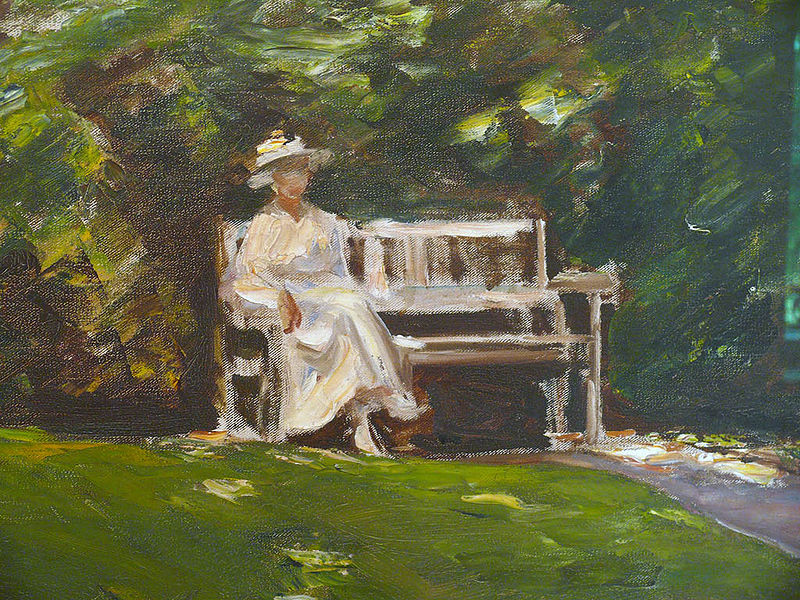As DisputedPast reported, a huge amount of priceless masterpieces was found in Munich, Germany, last week. Since then, authorities give few to no information regarding the art. Yesterday, finally some pictures were made public (link to website Kunstfund München). Next week, 500 paintings will be posted on the same website. Why are the authorities withholding this information for so long? This question gripped German- and international media the last days.
The real question is: who is the rightful owner of the precious paintings? Earlier this week, art-historians argued that many paintings are in the rightful ownership of the 79-year old Cornelius Gurlitt, who inherited the paintings from his father. Although it is believed that many off these paintings were stolen by the nazi’s, some may have been bought on the art market. Gurlitt himself stated yesterday that he will fight for the paintings and that he is the rightful owner.
But claims have already been made by a wide range of organizations and person. For example, the German city of Mannheim is researching the possibility to reclaim the ‘melancholic girl’ (left) by Ernst Ludwig Kirchner. International pressure on the investigation mounted, as the USA formally requested Germany to make haste – and to publicize a list of the masterpieces. Domestic criticism on the secrecy is strong as well. Influential art-historian Klaus Gallwitz called for an immediate publication, as many of the paintings don’t belong to German authorities. As it turned out, the paintings were actually recovered almost 2 year ago – leading to a public outcry to change this slow policy. Ronald S. Lauder, president of the international Jewish World Congress, states that speed is required as some of the original owners may still be alive.
In the meantime, media have found the culprit, Gurlitt. Last week, a French newspaper printed photographs of him, while doing his groceries. A thorough interview with Der Spiegel was publicized yesterday. Gurlitt said that he sold some paintings on an irregular basis. This granted him an easy life. He doesn’t understand the attention he gets, as he is very ill and probably won’t have long to live. They could just have waited a little longer, says Gurlitt. Why the German authorities timed their revelation this way has to be seen. The answer probably has some correlation with the inheritance-rights of the paintings. It was unlikely the heirless, weekend Gurlitt would successfully reclaim the ownership of this art treasure. Gurlitt’s unexpected firm plea for ownership will complicate the matter. Who inherits the paintings when Gurlitt is indeed the rightful owner?
..To be continued..

Leave a Reply